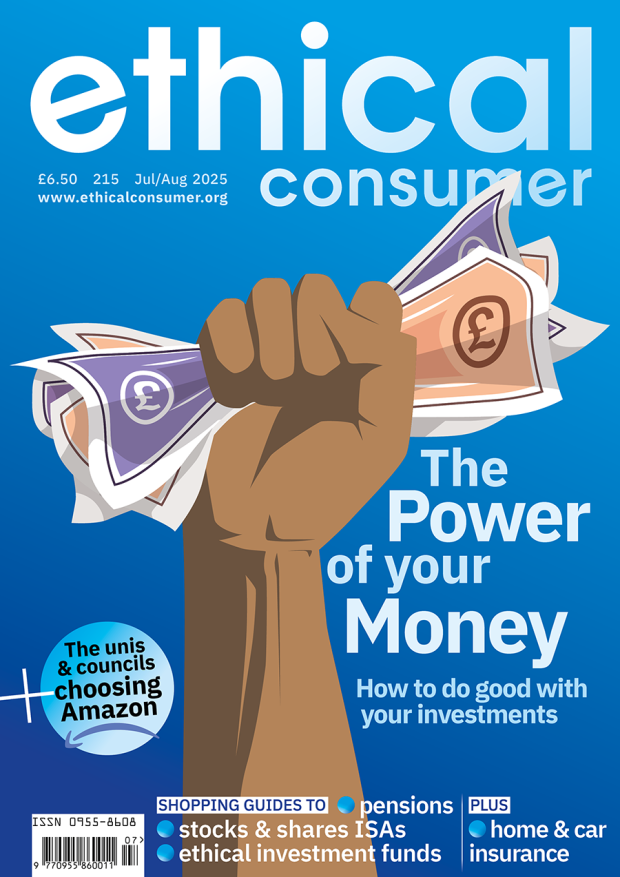Ethical Investing
Most people want to invest their money ethically. A recent survey found that 81% of adults would like their investments to do some good as well as provide a financial return. (So much for the cold-blooded, sociopathic 19%!)
This guide will highlight the most ethical investment funds out there and explore some of the most important issues in the sector.
We cover what ethical investment funds are, the difference between active and passive investments, sustainability labels and regulations, how the companies rate for climate, tax, their investment policies and company ethos. Plus, which investment funds have holdings in unethical industries.
There is also a jargon buster to help you with the complex and often exclusionary language of finance.




